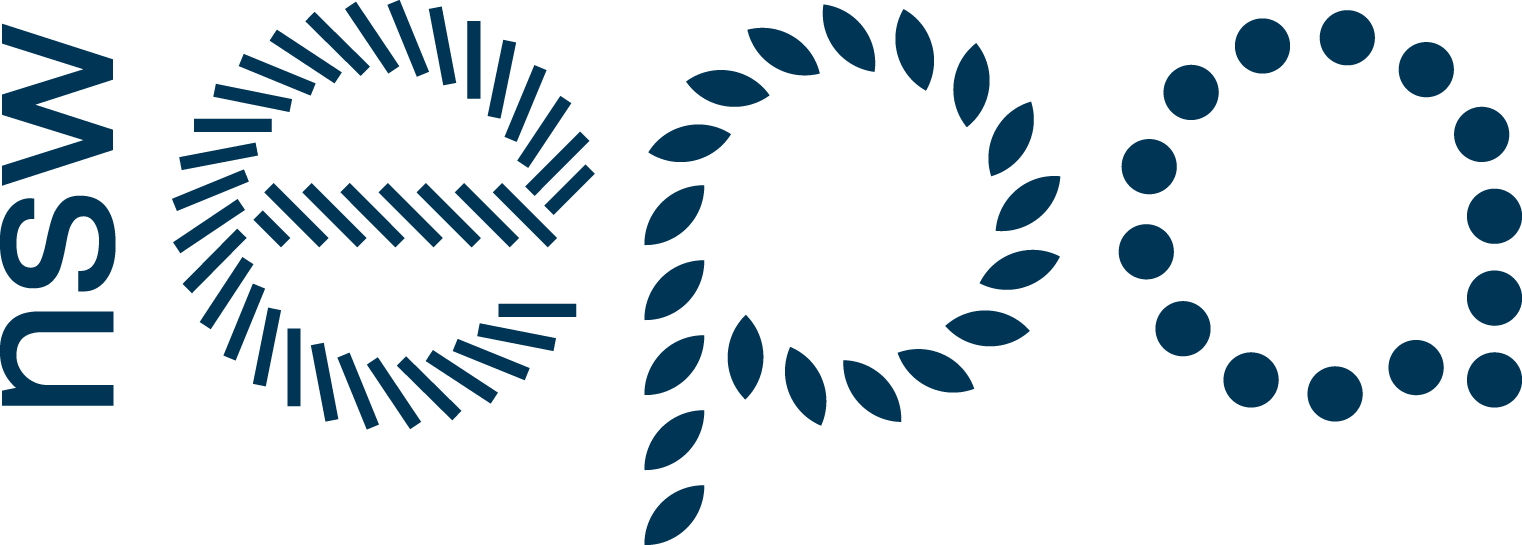Victoria's single-use plastic ban begins
By Liam Taylor 2 February 2023
The single-use plastic ban announced in 2021 is now in effect. Find out what items are affected and what you can replace them with.
Victoria’s single-use plastic ban came into effect yesterday, 1 February 2023. The ban was originally announced in early 2021, with the implementation date set from 2023 to provide time for government to engage businesses on finding alternatives.
The following items are included in the ban:
Drinking straws
Cutlery
Plates
Drink stirrers
Cotton bud sticks
Expanded polystyrene food service items
Expanded polystyrene drink containers.
These items join lightweight plastics bags, which are already banned across Australia, and applies to conventional, degradable and compostable plastics. People who need single-use plastic drinking straws due to disability or medical needs can still purchase and use these items.
What are the alternatives?
Remember, reusable options should always be your first choice. Reducing your use of single-use and disposable products, whether they are made from plastic or another type of material, is always the best option!
Plastic bags
Use reusable bags like totes for as long as possible. A UK study found cotton bags should be used at least 131 times to ensure they have lower global warming potential than conventional plastic bags (made from HDPE) that are not reused. You can also use heavy-duty plastic and green bags (woven polypropylene) and reuse them as many times as possible.
Paper bags are also an option for lighter items. Ideally, these bags should be reused before recycling. However, if the bag has been contaminated with food or grease, it should not be put in the recycling bin.
Straws
If you love using straws, consider carrying a reusable straw when you go out. There are lots of products available that come with a handy carrier pouch and straw cleaner.
Cutlery and plates
Plastic plates and cutlery will no longer be available for purchase in supermarkets, so if you’re keen on picnics, consider purchasing a portable reusable cutlery set.
If you’re hosting a large party and find there is no other option but to use single-use cutlery, disposable cutlery made from bamboo or wood is an option. If you have a FOGO (Food Organics, Garden Organics) compost, some of these products may be compostable (make sure they are certified Home Compostable if composting them at home). Remember, compostable plastics are also banned.
Cotton buds
Reusable silicone buds or swabs that come in a travel case are available. These items cannot be recycled at end of use, so they should be reused as many times as possible, ideally for years. In the absence of a life cycle assessment that compares the environmental impact of reusable silicone buds to disposable buds, it’s unclear which is the better option.
Bamboo stick cotton buds are available, but they cannot be recycled, so it’s best to avoid them altogether if possible. If you have a compost system at home, make sure these products are certified Home Compostable. Beware misleading terms like ‘biodegradable’, which has no industry standards or certifications.
Polystyrene food and beverage containers
The use of reusable containers is an easy, affordable and sustainable solution that both consumers and businesses can adopt in the place of polystyrene food and beverage containers. There are a range of glass, plastic and stainless steel options for food and drink containers out there but remember, the best alternative is the one you already have.
How was the ban socialised?
The Victorian Government undertook a comprehensive, statewide program to assist businesses and organisations to understand and prepare for the ban. Over 6,500 retail and hospitality businesses across Victoria have been directly engaged through face-to-face visits by engagement officers.
There are also a number of resources available on the Victorian Government website to assist businesses, including translated resources in Arabic, Chinese, Hindi, Korean and Vietnamese.
Prior to joining Planet Ark Liam spent his time studying global environmental issues, travelling Southeast Asia on the cheap and working for a sustainable property management company in Bali, Indonesia. Joining the communications team at Planet Ark, he hopes to inspire positive environmental behaviour through effective and positive messaging.

